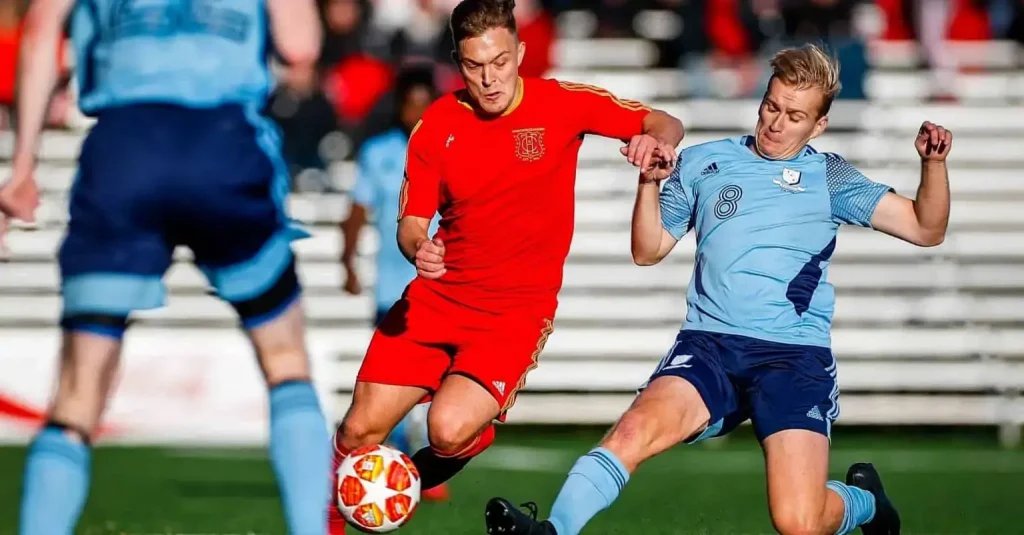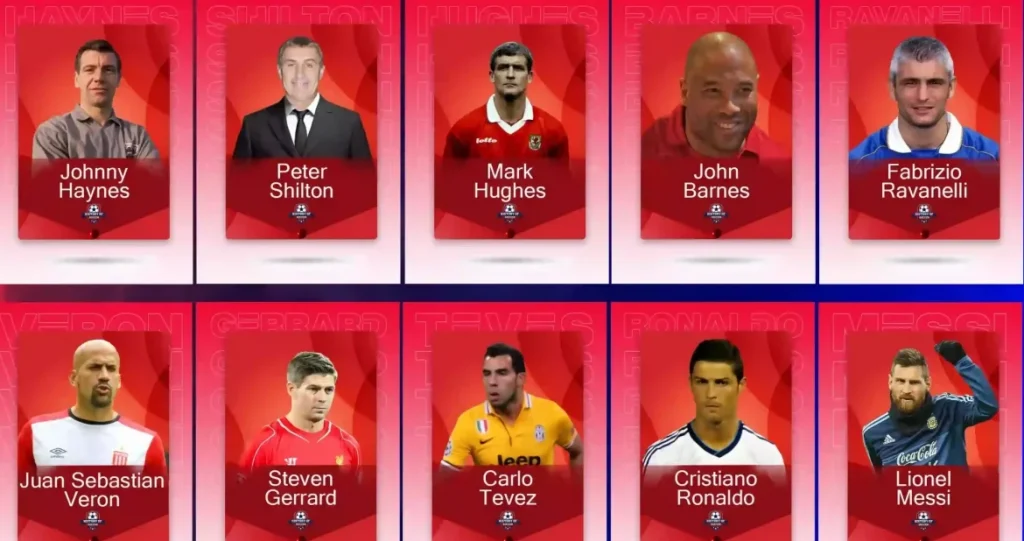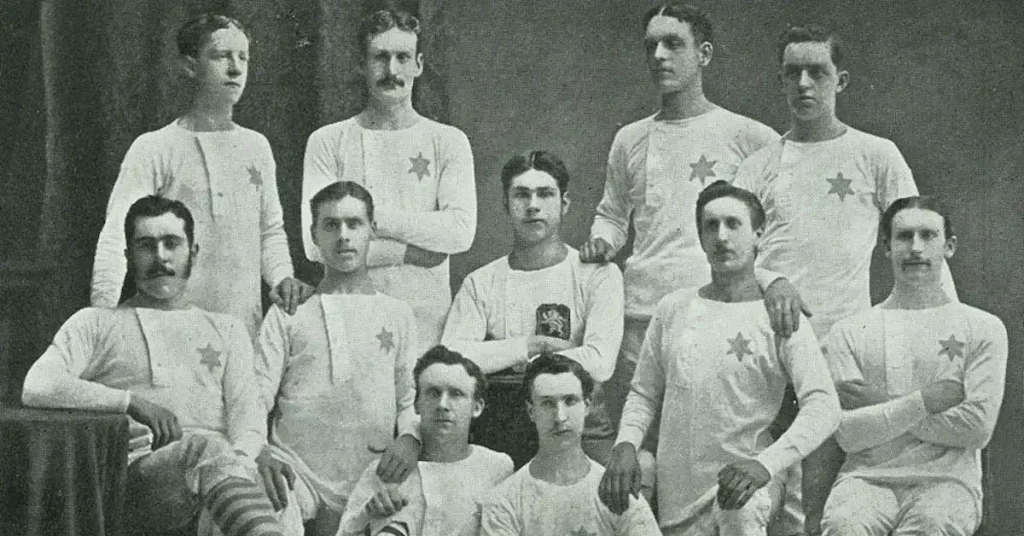Soccer, known as football in most countries, is the world’s most popular sport thanks to the rich nuances that help to create a game of constant innovation.
As simple as the game might seem, it boasts a rulebook spanning over 200 pages. Add to that the many laws left up to the interpretation of the officials, and you have a sport which truly varies every match.
Tackles that would be a foul might be deemed legal by a different referee.
It can make understanding Soccer incredibly confusing, but there are some universal constants. Starting with the rule that it is most important remains universal. ‘Full-Time’.
In the simplest of terms, Full-time is the end of a game. It’s the moment the end of the game is called.
But why do games go on for different amounts of time?
Understanding Match Duration

But throughout both halves, the referee makes a note of every halt in play.
These halts come through injuries, players being disciplined, setting up free-kicks and corners, or the time it takes to get a wayward ball back.
In most top leagues, many balls are on hand to speed up getting the ball back in play, but many leagues don’t operate on this system and is a surprisingly recent innovation.
The clock runs continuously during each half until the regulation 45 minutes is up.
At this point, the referee signals to the fourth official how many minutes of stoppages there have been in the game, which are then added to the regulation time.
It’s usually no more than 3 minutes in the first-half unless there has been a serious injury, but across both halves, the additional time added for stoppages averages close to 10 minutes.
This is due to more players getting injured/more time-wasting tactics being employed in the latter stages of matches, making it pretty common to see 7+ minutes.
This additional time is known as ‘Stoppage time’.
Full-Time Defined
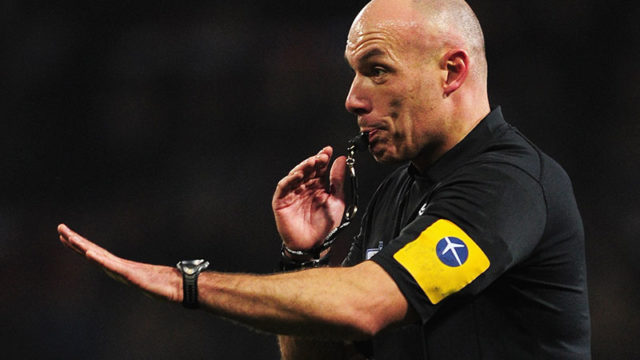
This means games can go on even longer past the scheduled time. The referee will also add minutes on if there are more significant halts in play within this stoppage time.
This extra stoppage time is not revealed to the fans
At full-time, the referee blows the whistle to signal the end of the game, ceasing the action and confirming the result.
But, while for the most part, full-time is called after 90 minutes and stoppage time, in certain competitions matches can go longer.
Extra Time and Penalties
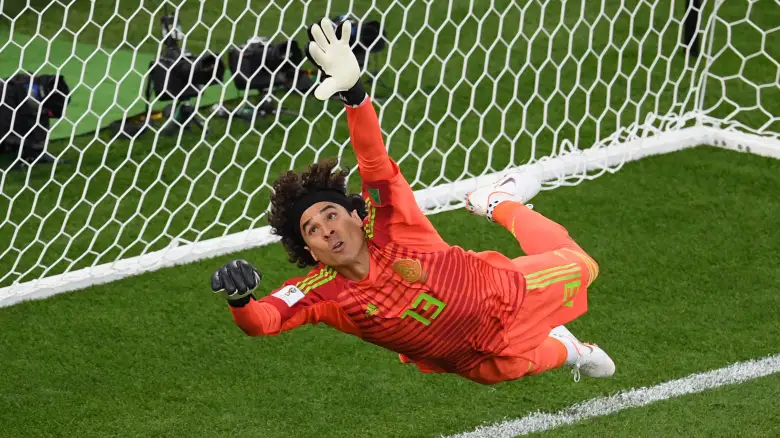
In such scenarios, the game first goes to extra-time, two additional, shortened halves of 15 minutes each, with stoppage time when needed at the end of each half of extra-time.
If the scores remain level after extra time, the match will be decided by a penalty shootout.
If the teams have converted the same number of penalties after the first 5, the shootout will continue until one of the teams is able to score without the other replying.
So “full-time” is not called after 90 minutes every game, and the actual length of a game will differ from game to game.
As such there is no defined time in which full-time is called, and is the term that refers to the conclusion of the match.

